
By Kwabena OSEI-BONSU
We have learned to shout but forgotten how to speak. Our public discourse, once a source of national pride, has descended into a cacophony of insults, insinuations, and inflammatory rhetoric.
The airwaves crackle with rage, our newspapers drip with venom, and our social media feeds overflow with the kind of crude invective that would have shamed our forebears. Beneath Ghana’s celebrated democratic achievements lies a troubling rot: we are losing the very capacity for civil disagreement that makes democracy possible.
A cursory examination of our media landscape reveals a disturbing trend. What once were platforms for thoughtful exchange have become arenas for character assassination. Radio talk shows echo with personal attacks masquerading as political analysis. Newspaper columns substitute invective for insight.
Social media amplifies the most divisive voices while drowning out measured commentary. This decay in public correspondence threatens not merely our political culture, but the very fabric of our democratic society.
There was a time when our public intellectuals understood that the strength of an argument lay not in its capacity to wound, but in its ability to illuminate. Professor Adu Boahen could disagree vehemently with the Provisional National Defence Council without resorting to crude characterizations. The former President, H.E. Nana Akufo-Addo engaged in fierce political battles while maintaining his dignity and that of his opponents. These giants demonstrated that one could be both passionate and principled, critical yet courteous.
Today’s discourse has forgotten this wisdom. Politicians are described not as misguided or mistaken, but as inherently malicious or corrupt. Policy disagreements are framed not as differences of opinion worthy of debate, but as evidence of moral bankruptcy. Opposition voices are dismissed not through superior argumentation, but through ad hominem attacks that contribute nothing to public understanding.
This deterioration is profoundly damaging to our democratic process. When public discourse becomes a contact sport where the goal is to destroy rather than persuade, we lose the possibility of finding common ground. When characterizations become inelegant and crude, we alienate the very citizens we claim to serve. When collegiality disappears from national debate, we model for our youth that disagreement must inevitably lead to disrespect.
Our media houses bear particular responsibility for this decline. The pursuit of ratings has led to the elevation of sensationalism over substance. Producers book guests not for their expertise, but for their willingness to engage in verbal combat. Editors prioritize headlines that inflame over those that inform. In doing so, they not only degrade public discourse but undermine their own credibility and social value.
The restoration of civility requires more than good intentions. It demands a fundamental transformation in how we understand disagreement itself. We must recognize that the person who holds an opposing view is not our enemy but our teacher, for only through genuine engagement with different perspectives can we refine our own understanding. This is not weakness but wisdom, not capitulation but courage. Above all, it requires the exercise of temperance.
In a media environment that rewards the immediate and the extreme, temperance becomes a radical act. It is the pause before the response, the measured word in place of the cutting remark, the willingness to consider before condemning. Temperance does not mean silence in the face of injustice, but rather the discipline to respond with precision rather than fury, with substance rather than spectacle.
Media houses must begin by examining their souls. What drives the editorial decisions that shape our national conversation? Is it the pursuit of truth or the hunger for profit? These questions require deep introspection and the willingness to change profitable practices that harm the public good. Editorial meetings should include discussions not merely about what stories to cover, but how to cover them with dignity. The crude shorthand of political journalism, where every politician is either saint or villain, must give way to nuanced portraiture that acknowledges human complexity.
Talk show hosts occupy a unique position in this transformation. They are the mediators of our public conversation, the conductors of our democratic orchestra. When they allow guests to descend into personal attacks, they betray their sacred trust. Yet when they insist on substance over sensationalism, when they redirect attacks toward policy discussions, they can single-handedly elevate the tone of national debate.
Political leaders face an even greater burden. They must recognize that their every public utterance is a lesson in democracy. When they respond to criticism with personal attacks, they teach citizens that this is acceptable behaviour. When they acknowledge valid points made by opponents, they demonstrate that truth transcends partisan loyalty. The path forward requires what might be called the discipline of generous interpretation: understanding opponents in their most charitable light before responding.
Citizens themselves are not passive observers but active participants whose choices shape our discourse. Every time we share inflammatory content, we contribute to the problem. Every time we reward sensationalism with attention, we incentivize more of it. Citizens must learn to distinguish between the urgent and the important, resisting manufactured outrage and choosing to support media that prioritizes substance over sensation.
The quality of our public discourse directly affects the health of our democracy. When debate becomes debased, citizens lose faith in democratic institutions. When media prioritizes conflict over conversation, we risk creating a society where compromise becomes impossible and governance paralyzed. Moreover, the eyes of Africa remain upon us. Ghana’s democratic example has inspired nations across our continent, but democracy is not merely about elections.
It is about the daily practice of civilized disagreement and respectful dialogue. The decay in our public discourse represents a choice made daily by media professionals, political leaders, and citizens. We can choose sensationalism over substance, personal attack over policy debate, crude characterization over elegant critique. Or we can choose differently. We can insist on mutual respect even in heated disagreement. We can demand evidence-based arguments rather than inflammatory rhetoric.
To sum up, the transformation of public discourse is not a project that can be completed but a discipline that must be practiced daily. It requires recognition that democracy is not a spectator sport but a participatory art, demanding our constant attention and highest aspirations. The restoration of civility in our national conversation is not merely a noble aspiration but a democratic imperative, and the future of our republic depends upon our willingness to embrace it.
The author is the co-founder of Africa Polls
The post On conduct in public discourse appeared first on The Business & Financial Times.
Read Full Story
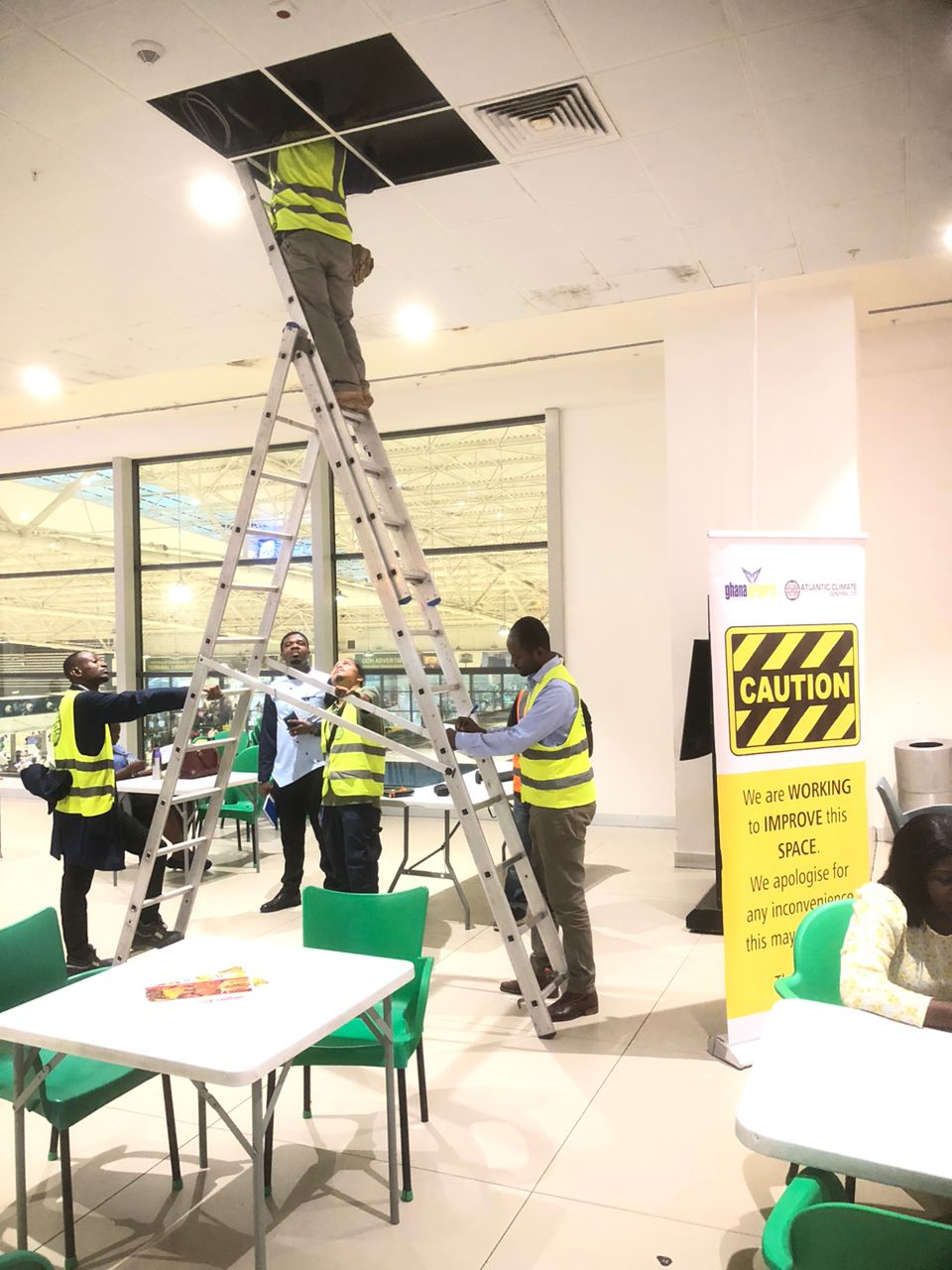

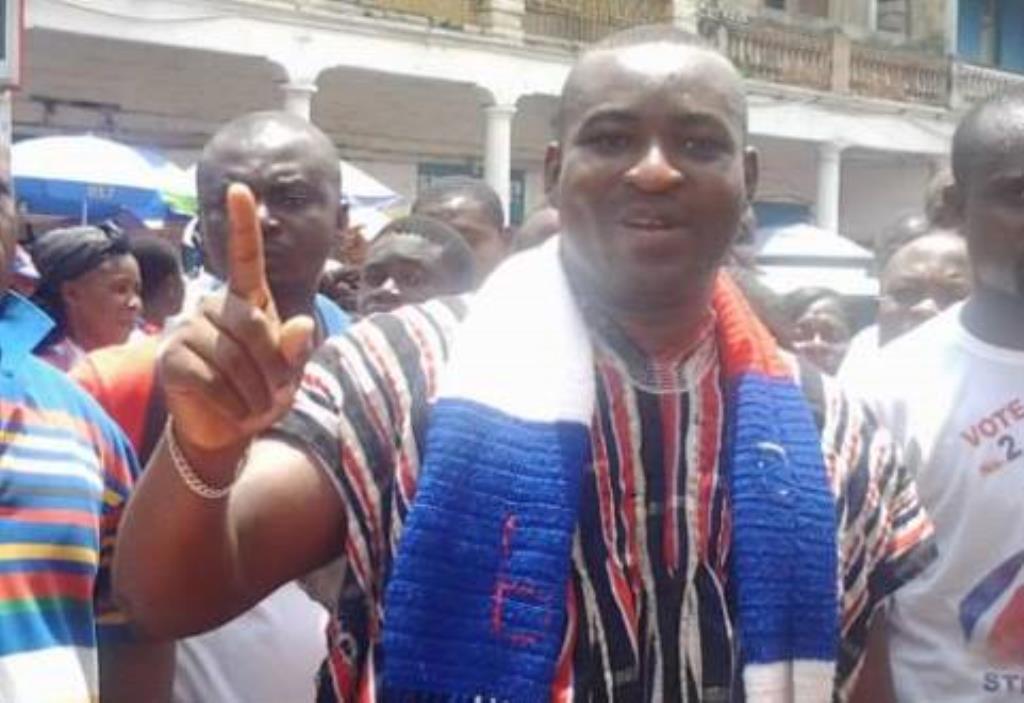

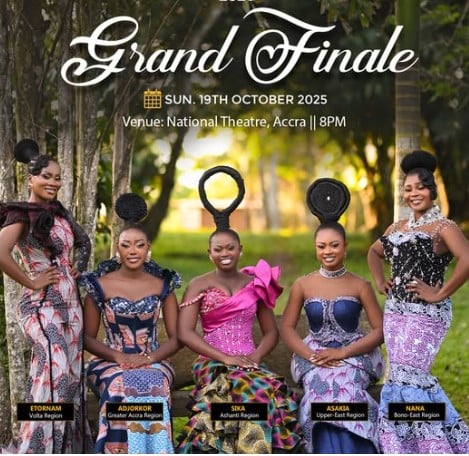
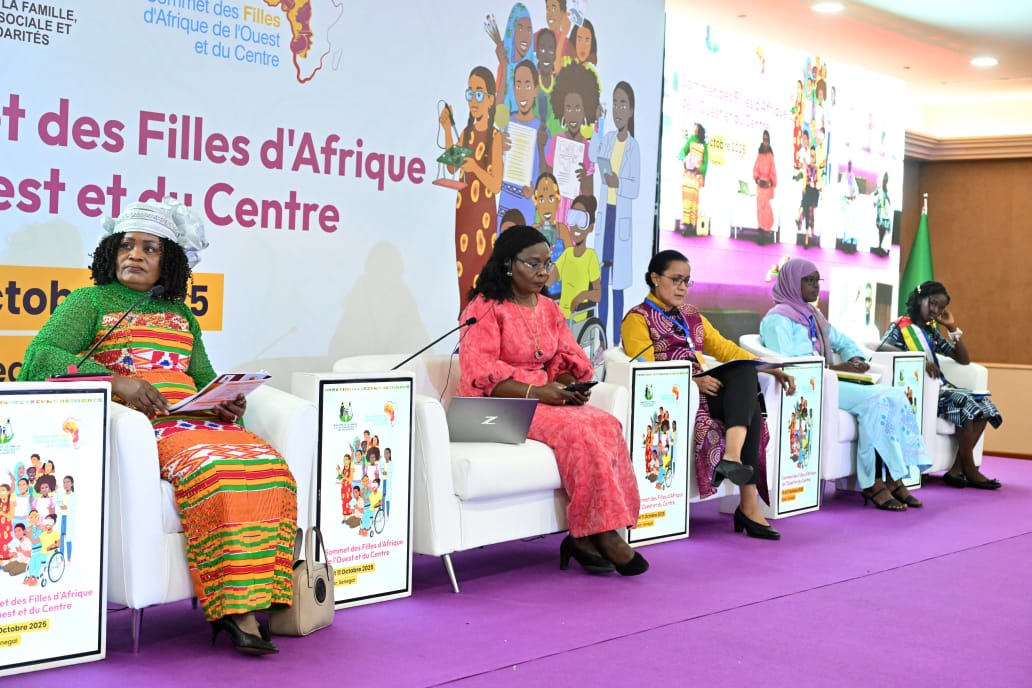

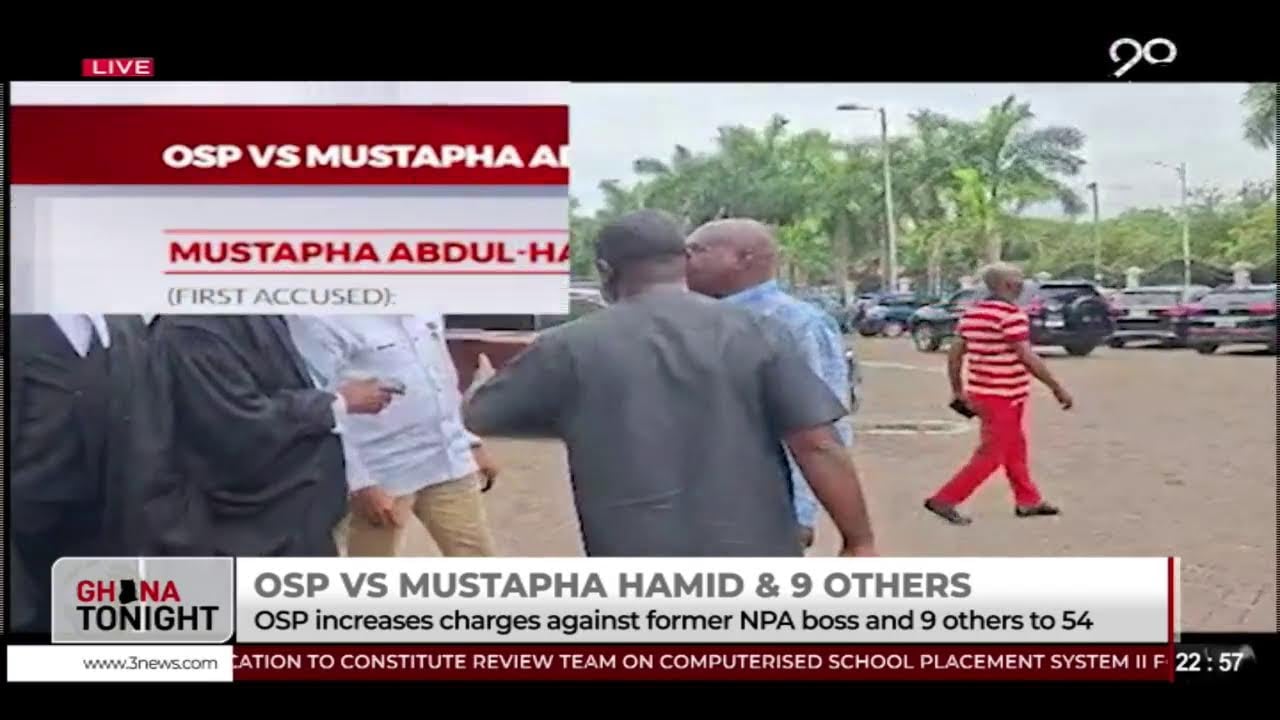
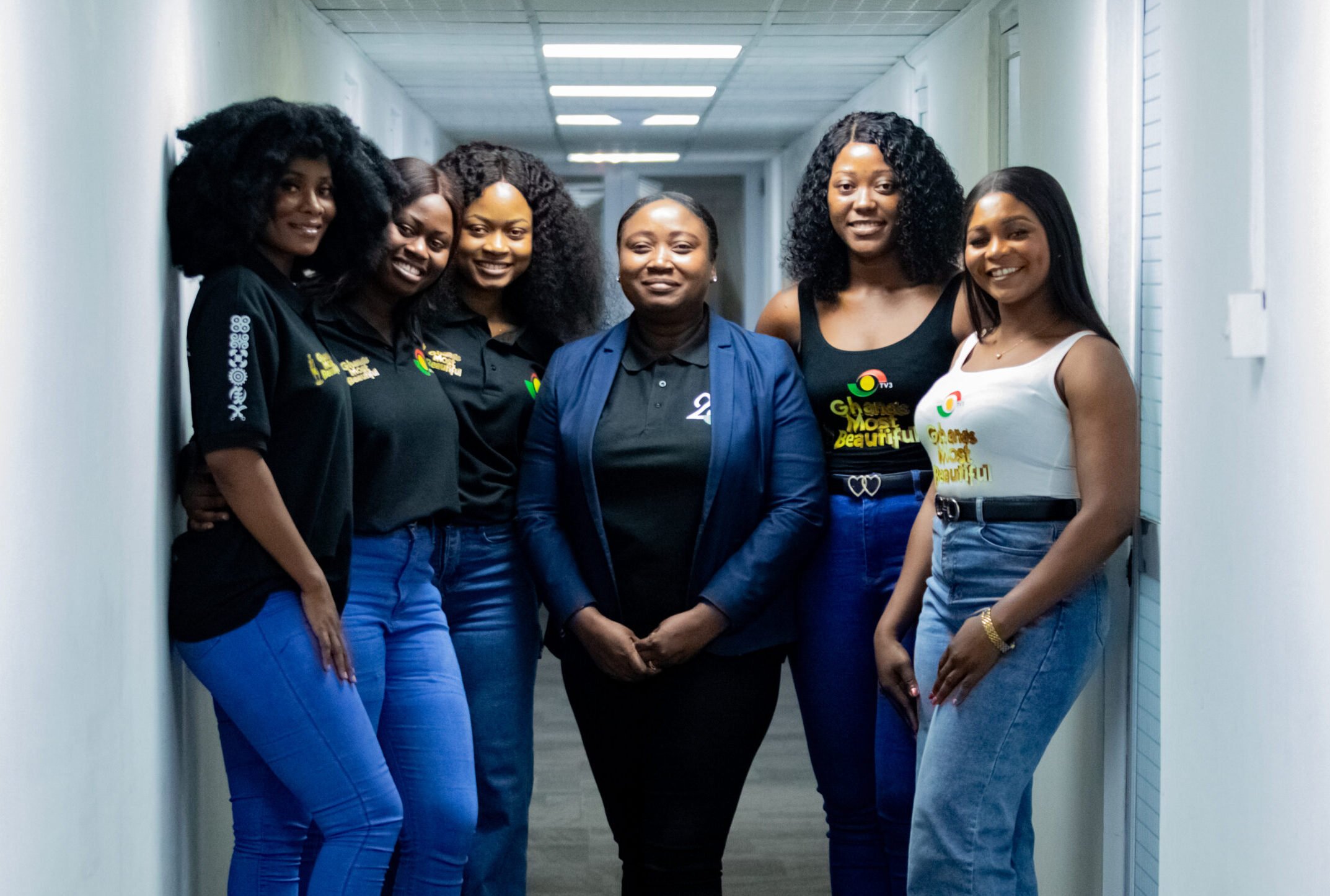
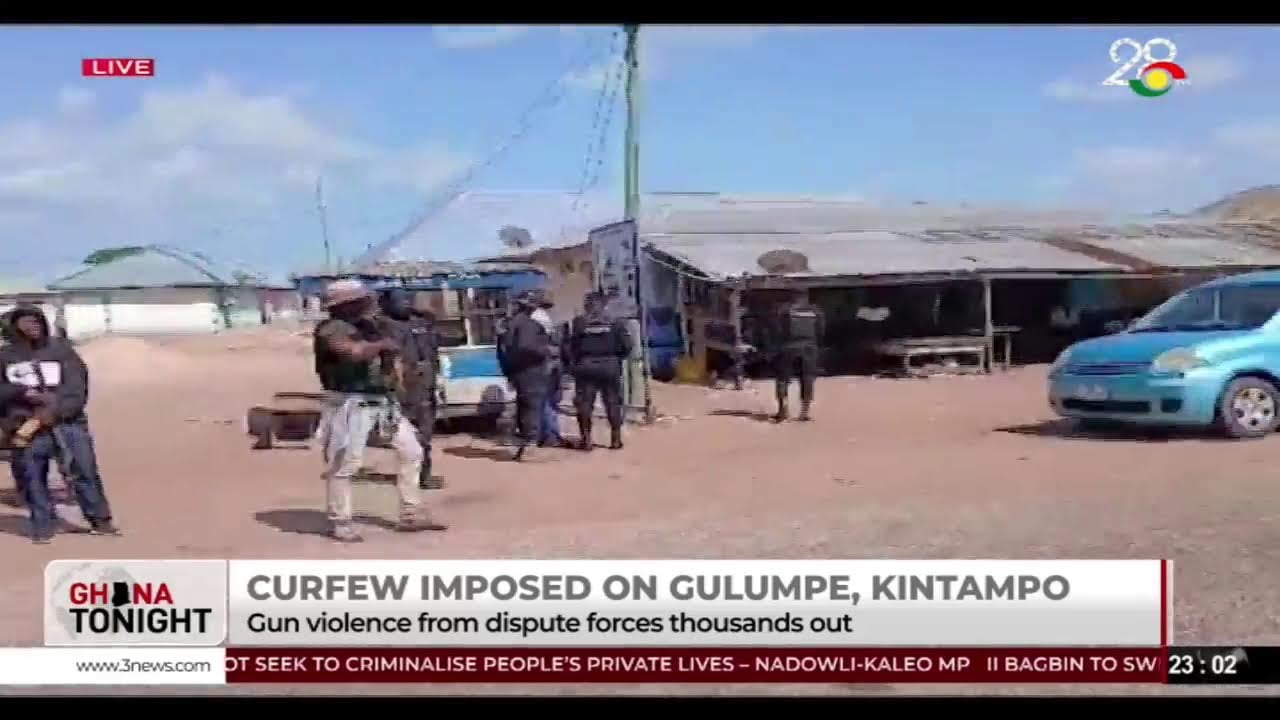
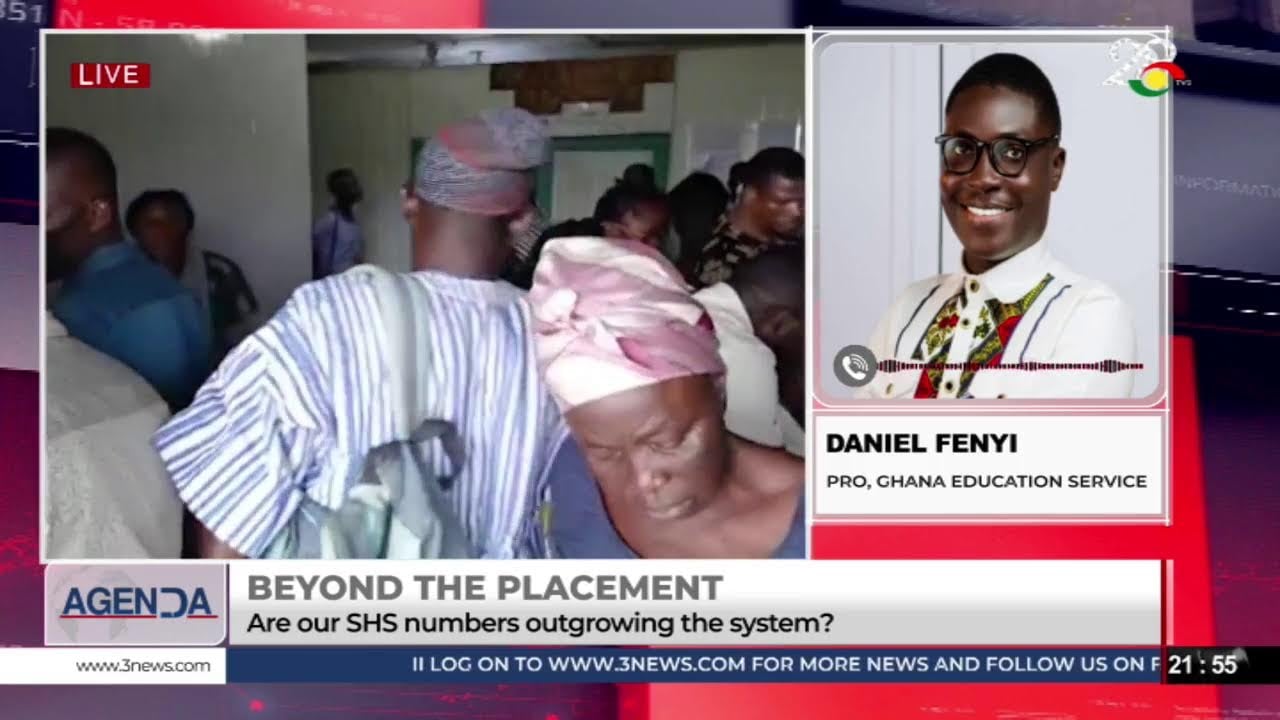
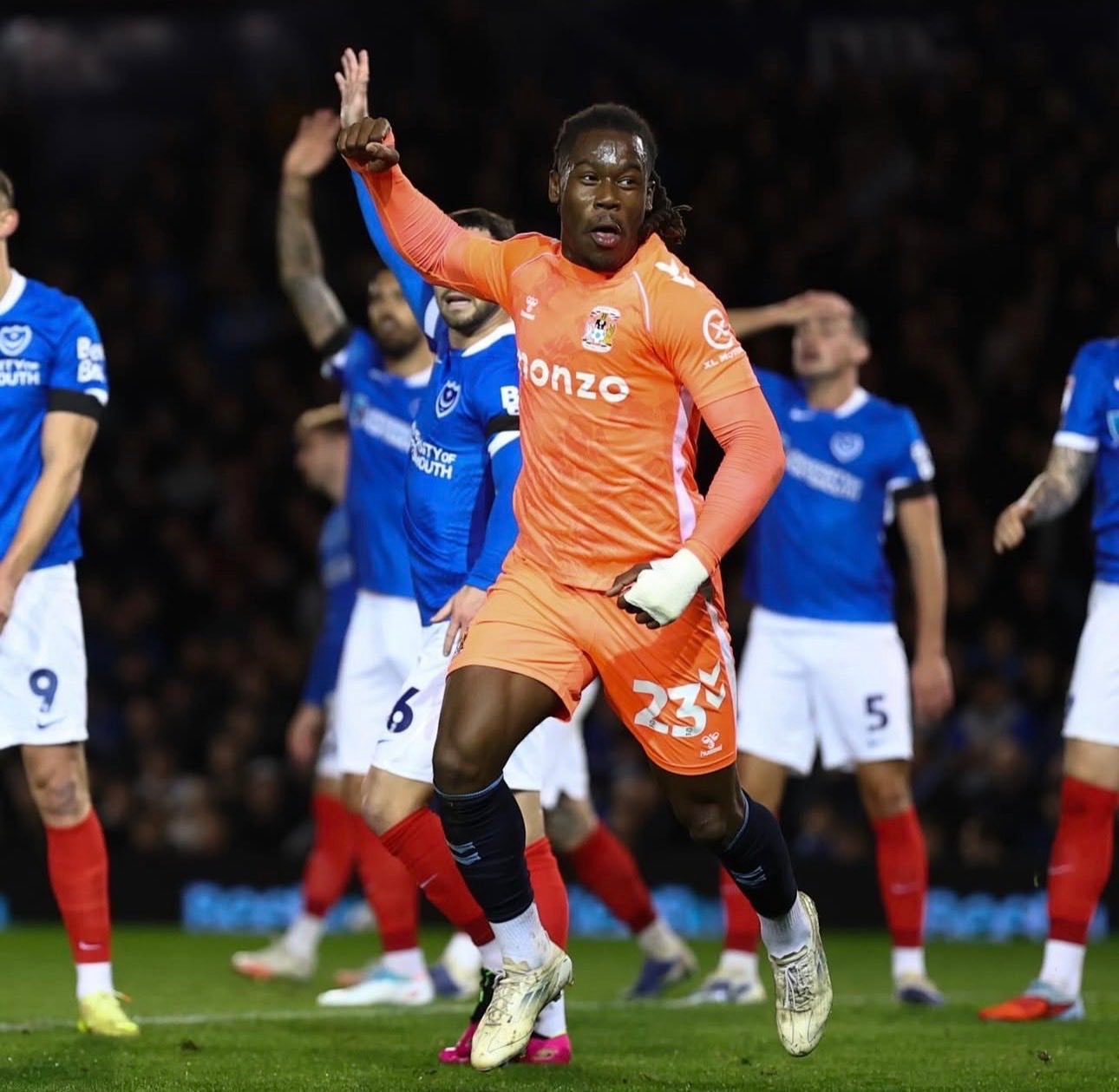




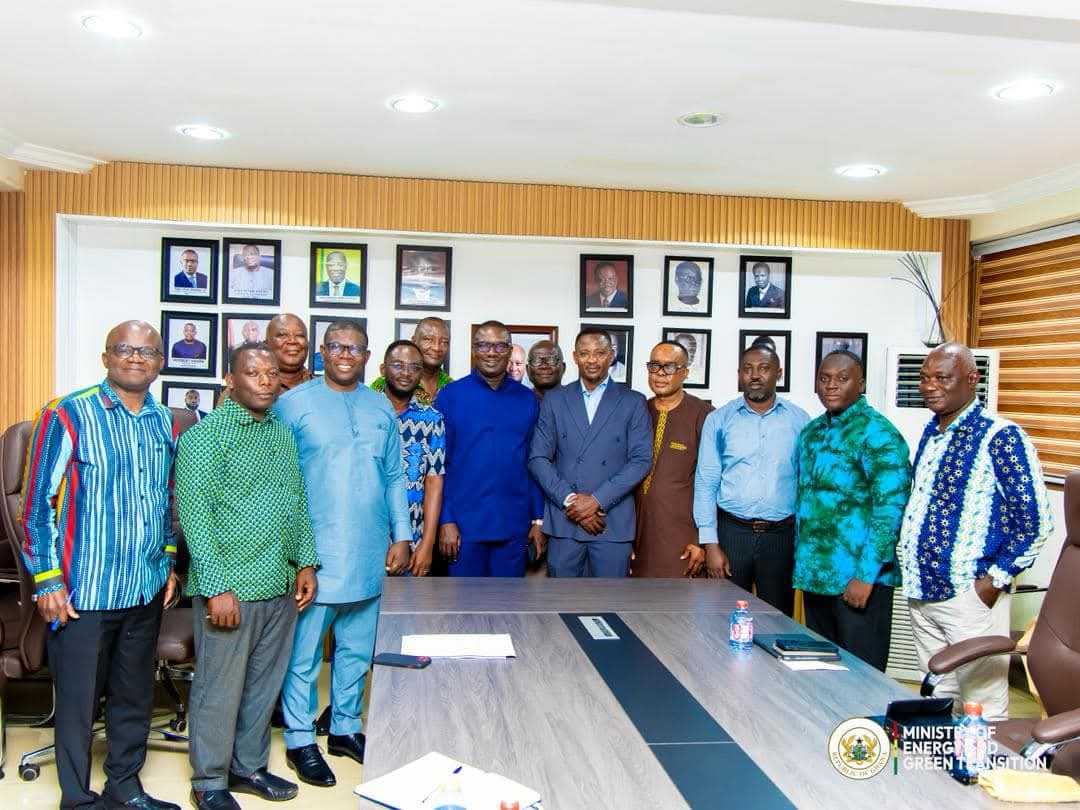

Facebook
Twitter
Pinterest
Instagram
Google+
YouTube
LinkedIn
RSS